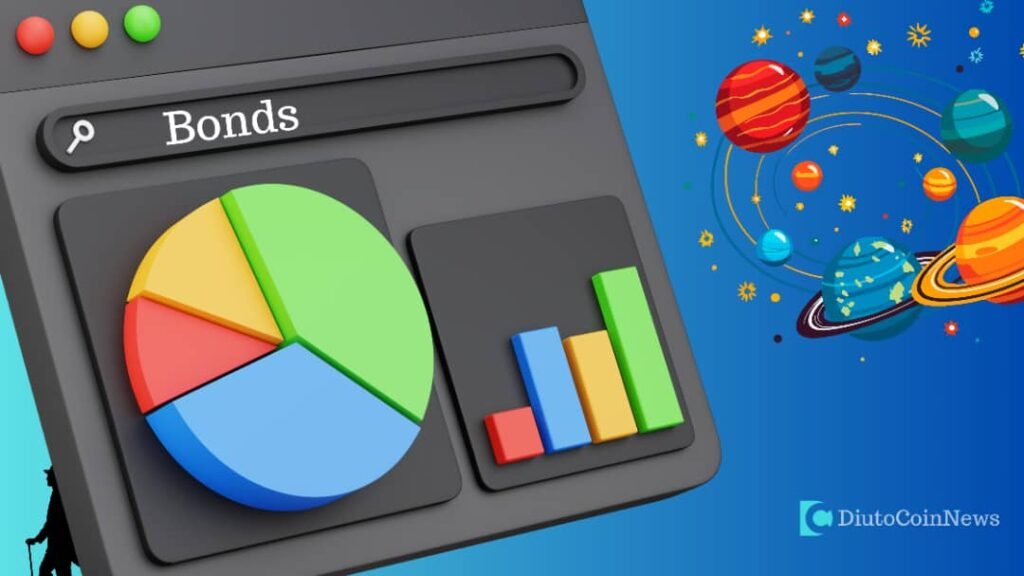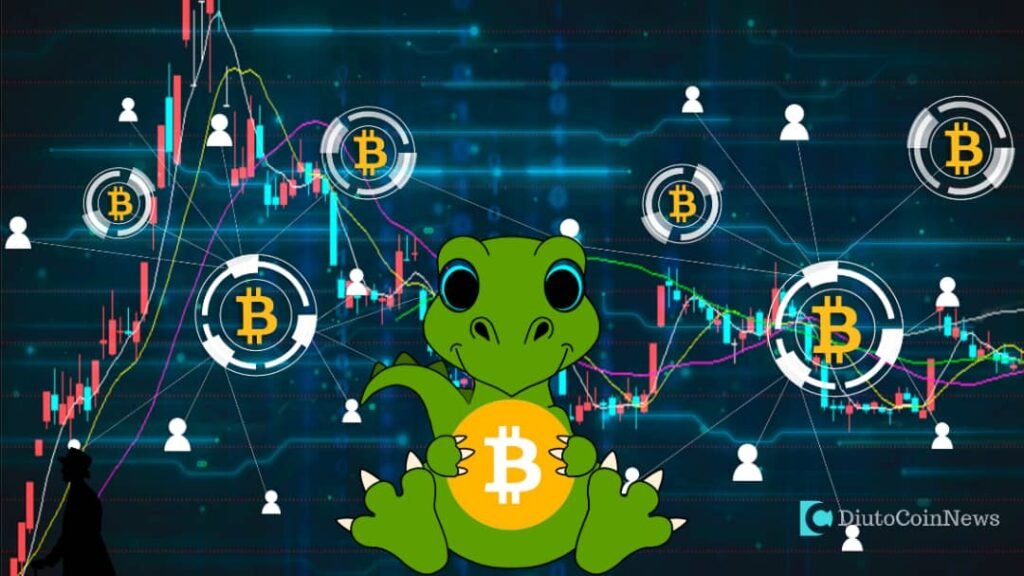Inflation in Ghana by May 2022 increased to 27.6% within a year from 23.6% in April 2021, statistics agency data showed on recently, hitting a new 18-year high and marking a full year of skyrocket price growth.
The central bank of Africa’s second-largest gold and cocoa producer hiked its main interest rate in March and again last month to try to stem runaway inflation, but it is yet to halt the rise in prices.
The cedi currency has been under pressure, losing around 5% against the dollar since its May 9 close and more than 21% since the start of the year, as analysts warn of a looming debt crisis.
May inflation was driven higher by categories such as food, transport and housing, with prices of imported goods rising more than domestically produced ones for the second month in a row, the statistics agency said.
Food prices were up 30.1% in annual terms in May, with oils and fats, water and cereal products seeing the largest increases this year.
Around one-fifth of Ghana’s cereals come from Russia, which is fighting a war in Ukraine that has sent prices for global commodities like wheat and oil soaring.
Transport, which includes fuel, registered price growth of 39.0% while housing, which includes water, electricity and gas, saw a 32.3% increase.
On the fiscal angle, Razia Khan, chief Africa economist at Standard Chartered, said inflation in May had accelerated much faster than expected.
“While both the March and May tightening by the Bank of Ghana will take time to filter through to the real economy, the concern will be the implication of all of this for the fiscal outlook,” she said.
Asked whether inflation would continue to rise, government statistician Samuel Kobina Annim told a news conference: “It’s difficult to say whether we’ve reached the end of the cycle”.
Discover more from DiutoCoinNews
Subscribe to get the latest posts sent to your email.















